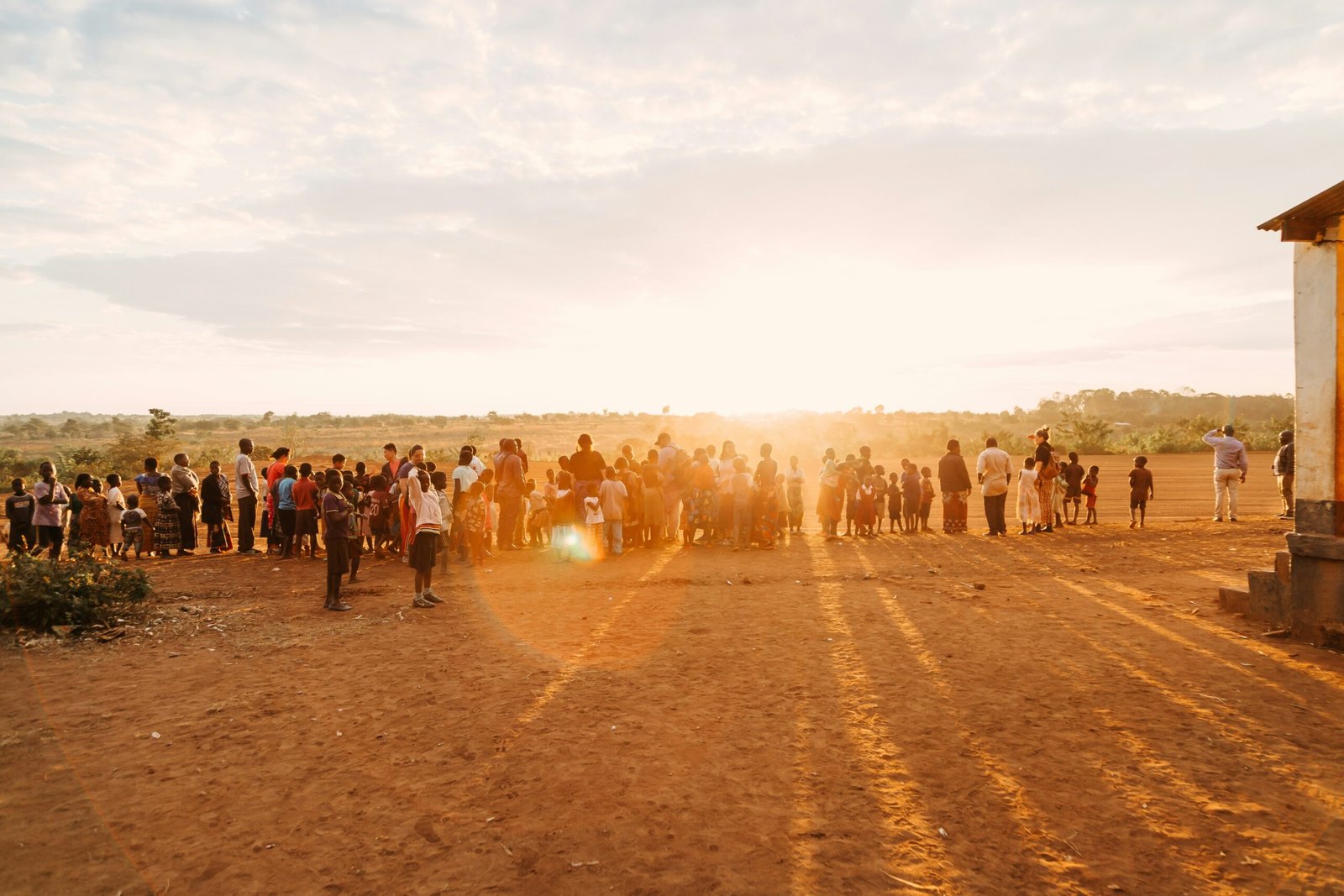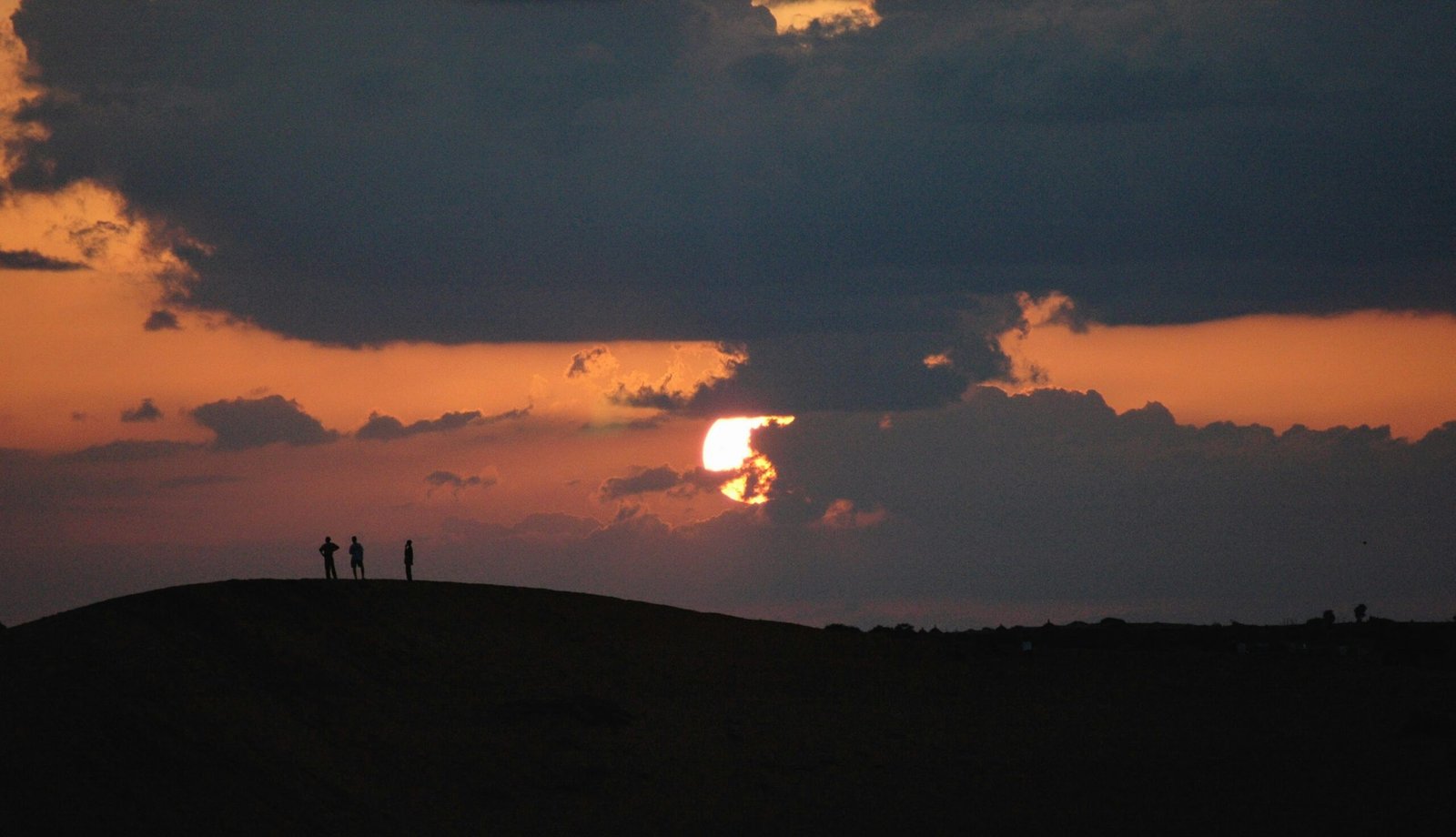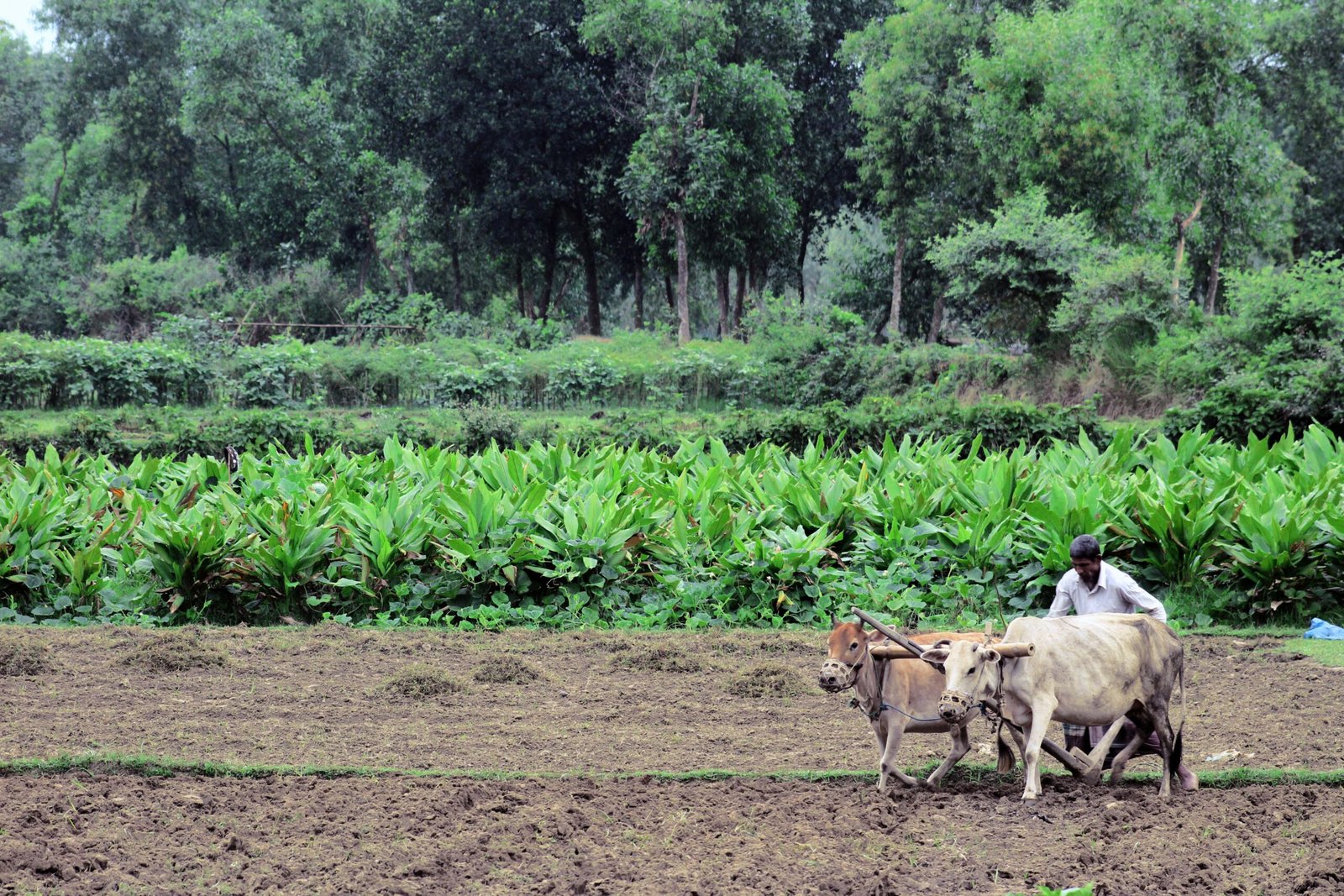Malawi
Southeastern Africa
Access to water and sanitation is a fundamental human right. Water is essential to life, as it sustains health, supports ecosystems, and drives economic development. It touches every aspect of progress and is vital for the well-being of individuals and communities. Direct access to clean water is something many of us take for granted, but millions of people around the world live without it. This especially applies for developing regions. For them, water is a daily struggle and without it, they cannot stay healthy, grow food, go to school, or work. This is the reality of the global water crisis.
Can you imagine living without clean water? More than 700 million people, roughly 1 in 10 worldwide, still lack access to safe and drinkable water. Diseases caused by dirty water kill more people each year than all forms of violence, including war. These are not just statistics, they represent real children, parents and communities fighting to survive without the basic necessities. Access to reliable water and sanitation is not only essential for survival but also key to dignity, health, education, and the chance for a better future. Most climate disasters are water-related, and we are already seeing climate change impact water access through more intense floods and prolonged droughts. Heavy rainfall leads to flooding and contaminates water supplies, while worsening droughts dry up springs and wells that many depend on. Developing countries face the greatest risks, despite contributing the least to global emissions.
For people in developing countries, clean water means everything, yet each day, millions in rural communities continue to suffer without access to it. Without a reliable source of clean water nearby, people are forced to collect contaminated water for drinking, cooking, and cleaning. Boiling the water does not fully remove dirt particles, and communities cannot keep moving to find a reliable source of clean water when one dries up. All of this results in preventable diseases like diarrhoea and cholera, which cause families to lose valuable time and money, and can even lead to death. Additionally, the lack of clean water in health clinics restricts their ability to provide good care. Therefore, safe water, sanitation, and hygiene could prevent countless illnesses and deaths each year.
Children often spend hours walking miles each day to collect water from streams and ponds, and the time lost due to this or from being sick with waterborne diseases keeps many of them out of school. When children are unable to pursue their education, the cycle of poverty often continues from one generation to the next. Girls are twice as likely as boys to be responsible for collecting water, and each trip they make takes them further from education, work and safety. When communities, schools, and families gain access to water and sanitation, children can stay in school and pursue their education, while women and girls reclaim their time and take control of their futures.
A lack of water often means a lack of food, as poor irrigation leads to lower crop yields. Sourcing water daily when it is scarce drains time and energy, while a reliable water supply supports healthier harvests, boosts economic growth, creates jobs, and improves wages. More water also reduces the need for rationing, making it easier to stay hydrated, maintain hygiene, and keep homes clean, helping to prevent future illness.
Clean water really does save lives and keeps people safe, healthy and thriving. Since our founding, we have directly supported thousands of people to get clean water. At Well-Good, we believe safe drinking water should never be out of reach, and we are committed to long-term solutions that bring water to everyone, everywhere. This goal can only be achieved through strong partnerships. Your support helps build water wells across Africa and Asia. Your sponsorship funds the solutions to local challenges, driving lasting change and creating opportunities that enhance economic growth.
We work closely with local experts and communities to find the most effective and sustainable water solutions for each area we support. Improving access to clean water addresses health, income, food, and inequality issues, all of which combat poverty, empower future leaders, and build more resilient communities that can withstand the effects of climate change. Therefore, access to safe water is essential for community development and is key to unlocking hope and potential.
We work across some of the world’s most water scarce regions to bring safe and reliable water to the communities that need it most. Our focus is on sustainable impact, supporting the construction of water wells in parts of Africa and Asia where access to clean drinking water is extremely limited. Since our founding, we have worked in several different countries including Malawi, Niger, Pakistan, Bangladesh, India, Indonesia and Nepal. In these places, daily life is often shaped by the struggle to find safe water. Each well we support is developed with the involvement of local communities to ensure lasting results that improve health, support education and open up new economic opportunities. By investing in water, sanitation and hygiene, we help build stronger communities that are better prepared for the future.
We also work to raise awareness of water as a global resource and the growing impact of climate change. Through education and outreach in the United Kingdom and beyond, we help young people understand the challenges others face, build essential maths skills and develop values of empathy and responsibility. Additionally, addressing the global water crisis is also a step toward addressing the climate crisis. This work contributes to several of the United Nations Sustainable Development Goals, including clean water and sanitation, quality education and climate action. By partnering with us, you are helping to create meaningful change in multiple locations through clean water access, education and community support. Use the map below to explore the countries where we are making a difference.

Southeastern Africa
Area: 118,484 km2
Capital city: Lilongwe
Population: 20.4 million
Water access: 1 in 3 people do not have clean and safe water (6.7 million people)

South Asia
Area: 881,913 km2
Capital city: Islamabad
Population: 243 million
Water access: 1 in 10 people do not have clean and safe water (24 million people)

West Africa
Area: 1,267,000 km2
Capital city: Niamey
Population: 26.2 million
Water access: 1 in 2 people do not have clean and safe water (13.4 million people)

South Asia
Area: 147,570 km2
Capital city: Dhaka
Population: 173 million
Water access: 1 in 5 people do not have clean and safe water (34.6 million people)

South Asia
Area: 3,287,263 km2
Capital: New Delhi
Population: 1.38 billion
Water access: 1 in 10 people do not have clean and safe water (131 million people)

Southeast Asia
Area: 1,904,569 km²
Capital city: Jakarta
Population: 279 million
Water access: 1 in 5 people do not have clean and safe water (50 million people)

South Asia
Area: 147,516 km2
Capital: Kathmandu
Population: 29.1 million
Water access: 1 in 10 people do not have clean and safe water (3.1 million people)
Well-Good brings people together to solve one of the world’s biggest challenges: access to clean and safe drinking water. Anyone can get involved. Whether you are an individual, a business, a school or a community group, your support helps build water wells in areas where clean water is most needed.
Our work is made possible by generous sponsors who donate funds. These donations go directly toward constructing water wells in developing countries, bringing lasting change to communities that currently rely on unsafe or distant water sources. Every well we build improves health, strengthens local economies and gives children a better chance to stay in school. When deciding where to build, we prioritise areas with a clear need for improved water and sanitation. We consider factors such as community motivation, local costs, support from government bodies and the safety of the region. We work only with trusted local organisations that understand the language, culture and needs of the communities we serve. These partners identify the best water sources and oversee every stage of the well’s construction, ensuring quality and sustainability.
We also work with schools in the UK, using a unique education platform that connects classroom learning with global impact. Founded by a maths teacher, Well-Good offers pupils the chance to sharpen their maths skills while making a real difference. The questions cover core maths topics such as times tables, negative numbers, decimals, prime numbers, and more. For every ten correct answers on our platform, one day of clean water is provided to someone in need, thanks to the support of our sponsors. In this way, students not only grow in confidence and charitable values but also develop a sense of global responsibility and awareness of the climate challenges facing communities around the world.
Everyone has a role to play in solving the water crisis. By working together, we can make clean water a reality for every community, creating opportunity, dignity and hope for people across the world.